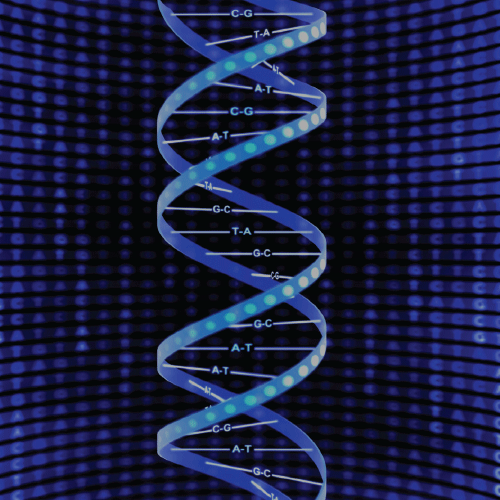The DNA Sequencing Market was worth US$ 5.2 Billion in 2019 and is expected to grow at a CAGR of 10.4% through 2030.
DNA sequencing refers to the process of identification of sequence of nucleotides (adenine (A), cytosine (C), guanine (G), thymine (T), and uracil (U)) in the DNA. DNA Sequencing allows the investigation of particular genetic illness or diseases. Although there is more than one method of carrying DNA sequencing, the basic task of these methods includes breaking down the long DNA strands into small pieces that would make the researches easy to analyze the order of the nucleotide bases in that small piece. DNA Sequencing also plays an important role in pharmacogenomics. Pharmacogenomics is a field which studies how genes affect a person’s ability to respond to drugs. Study of pharmacogenomics is necessary to determine which drug will provide the best outcome in patient. DNA sequencing can be used to identify the possible mutations in the genes that could cause the disease to grow more aggressively. Identification on these mutations will allow the medical practitioners to treat them with specific drugs that could target these mutations and prevent the growth of the cell deformation in the body. Apart from being used by the medical professional facilities, DNA sequencing is also used by the forensics department all over the world to give justice to many critical crime related cases.
Read More@https://www.insightslice.com/dna-sequencing-market
